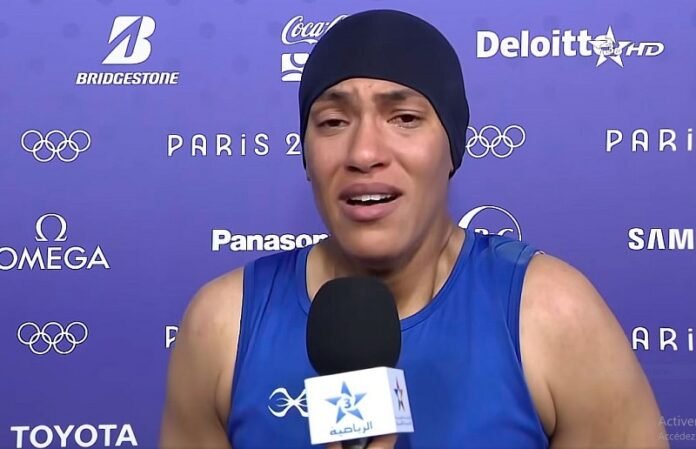Khadija Mardi: A Case Study of Failures in Moroccan Sports and a Call for Reassessment of 12 Years of Olympic Defeats
Khadija Mardi is among the most prominent names representing Morocco in recent Olympic Games. However, her athletic career has been marred by numerous setbacks and failures. From Rio 2016 to Tokyo 2020 and up to the Paris 2024 Olympics, Khadija Mardi’s journey exemplifies the struggles faced by many Moroccan athletes who have suffered from poor performance and ineffective preparatory programs.
Repeated Failures: From Rio to Paris
At the Rio de Janeiro 2016 Olympics, Khadija Mardi hoped to deliver a standout performance reflecting her serious preparation. However, she was eliminated early, raising questions about the quality of her training and preparation. The failures continued in Tokyo 2020, where she failed to achieve the expected results and performed below expectations, shedding light on issues with the support and training she received.
Her performance in the Paris 2024 Olympics was no better. She returned with no medals, reflecting the ongoing pattern of failure affecting Moroccan sports in general. This raises significant questions about the reasons behind these repeated failures.
“What is the role of divine will in Khadija Mardi’s boxing failures, and how can we explain the continued failure despite extensive financial and moral support?”
Khadija Mardi as a Symbol of Moroccan Sports Issues
Khadija Mardi’s case mirrors that of the 33 Moroccan athletes who participated in the Olympics and faced similar problems. Questions are being asked: What happened to the substantial funds spent on preparation and training? Where did the investments in this sport go? After 12 years of failures, we need honest answers to these questions.
Responsibility and Accountability
Addressing the issue of accountability is crucial. It is no longer acceptable for sports preparation programs to waste resources without tangible results. Those responsible for sports in Morocco must be held accountable for the ongoing failures. All stakeholders must work towards a comprehensive review of support and preparation policies, and implement fundamental changes.
It is essential to reassess the methodologies used in preparing athletes and to investigate the reasons for the failures, whether they are related to funding, training, or planning. Morocco should not be a playground for failed experiments; we must work diligently to ensure an effective environment for athletes to succeed on the international stage.
“12 Years of Failure: Could Champions Have Been Made Instead of Wasting Time and Resources in Khadija Mardi’s Career?”
Urgent Questions about Time and Planning
Here is a simple question: How long does it take to produce an athletic champion? Four years? Six? Looking at Khadija Mardi’s career, we see that she has consumed 12 years of Moroccan taxpayers’ time. The substantial funds allocated for her preparation could have been better spent. If that money had been invested in dozens of young boxers, it could have produced many champions over this extended period. This large gap between support and results underscores the need to reconsider resource allocation and emphasizes the urgent need for fundamental reforms in sports management.
Need for Fundamental Reform
Current times demand fundamental reforms in the management of Moroccan sports, including improving transparency and effectively implementing accountability. Officials must take their responsibilities seriously and work on enhancing support and training programs to prevent repeating the same failures in the future.
Ultimately, the failures of Khadija Mardi and other athletes reflect a deeper issue related to the management of sports in Morocco. We need to reassess our strategies and develop a clear plan for sports development that is efficient and transparent, to ensure the success we aspire to and elevate Moroccan sports to the global level we seek.



